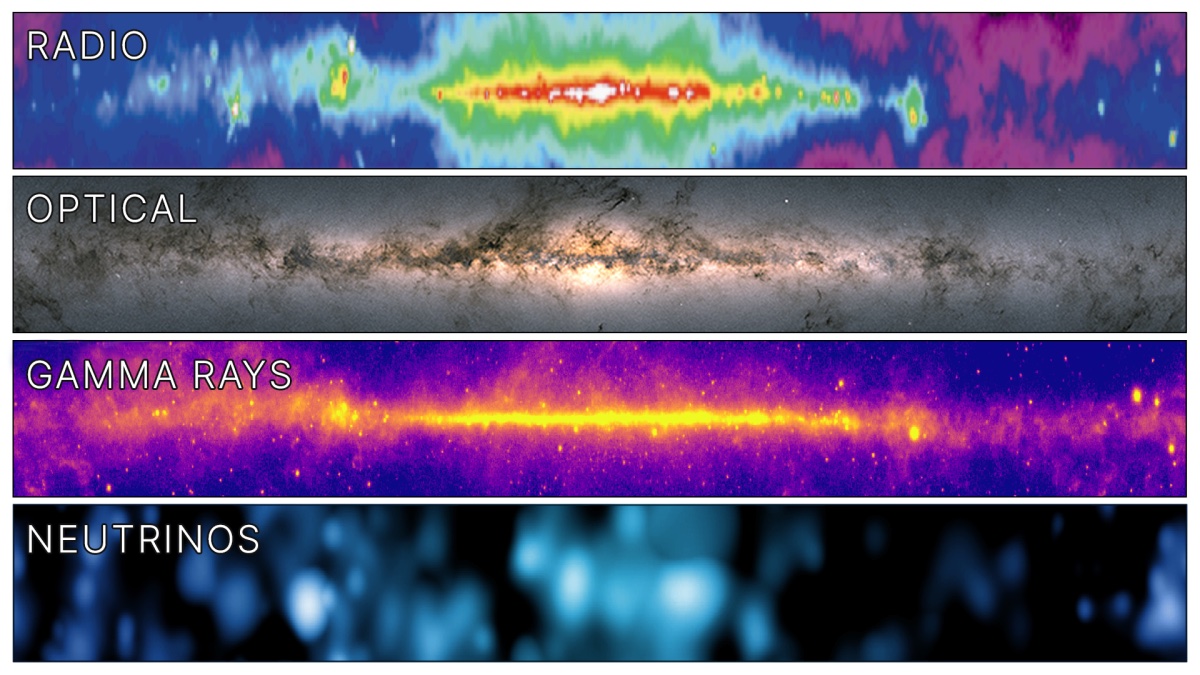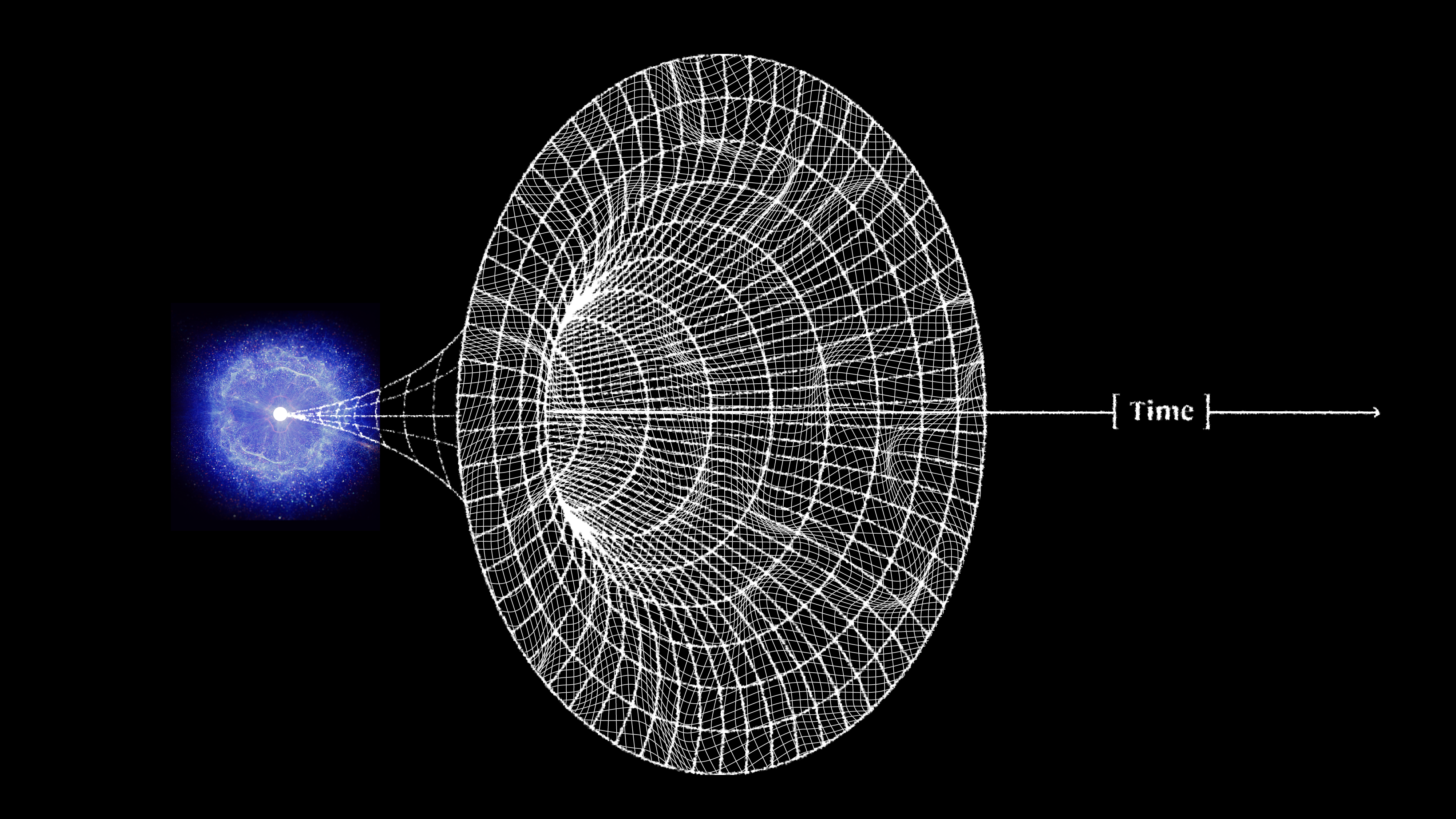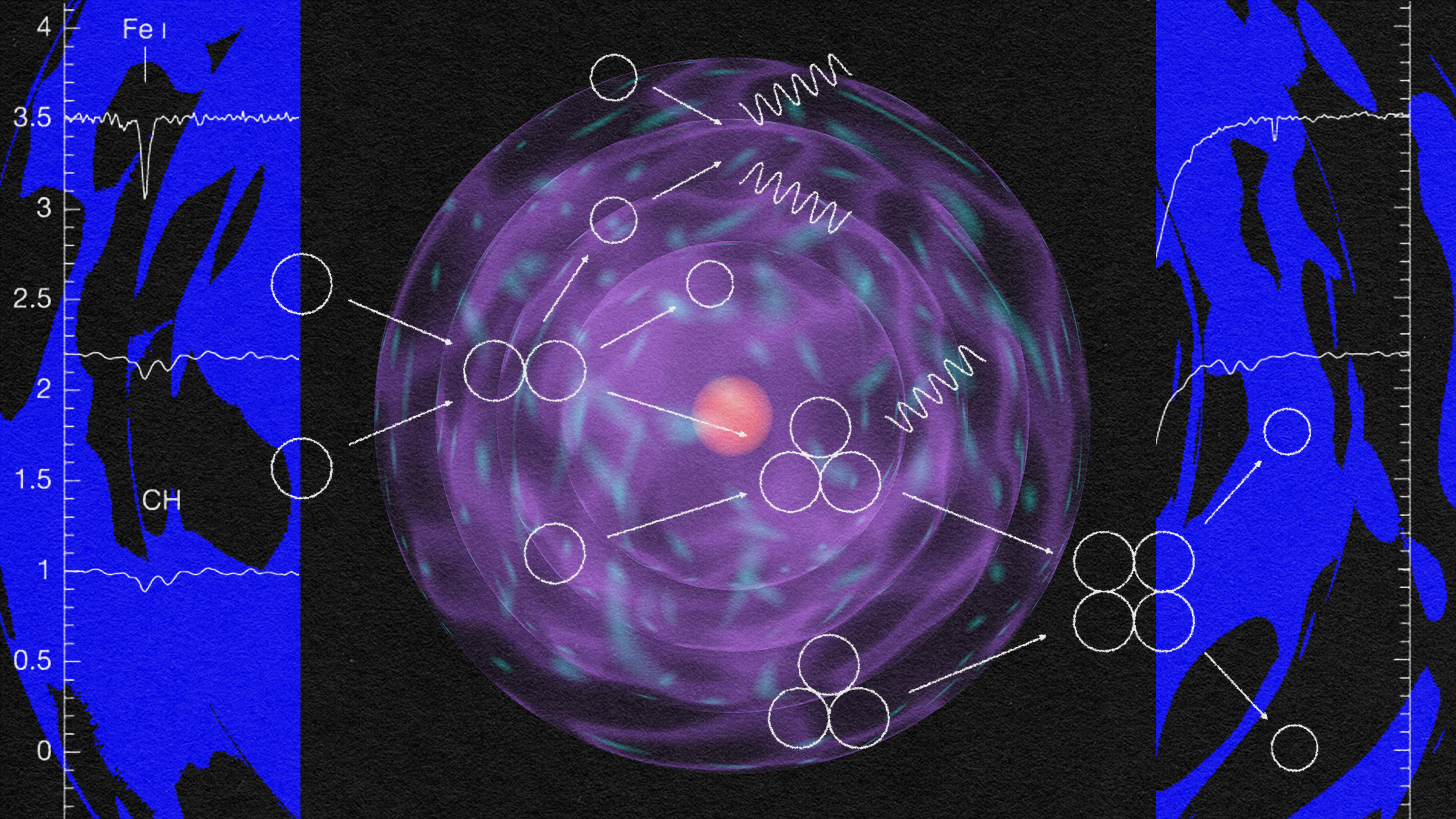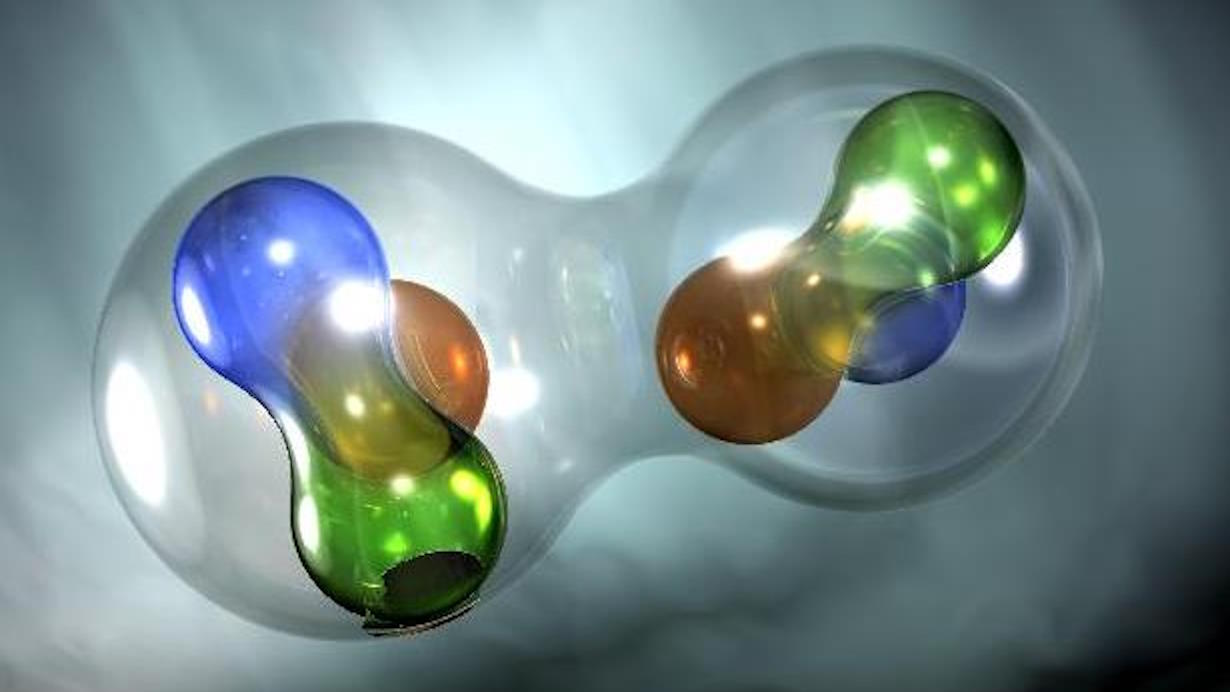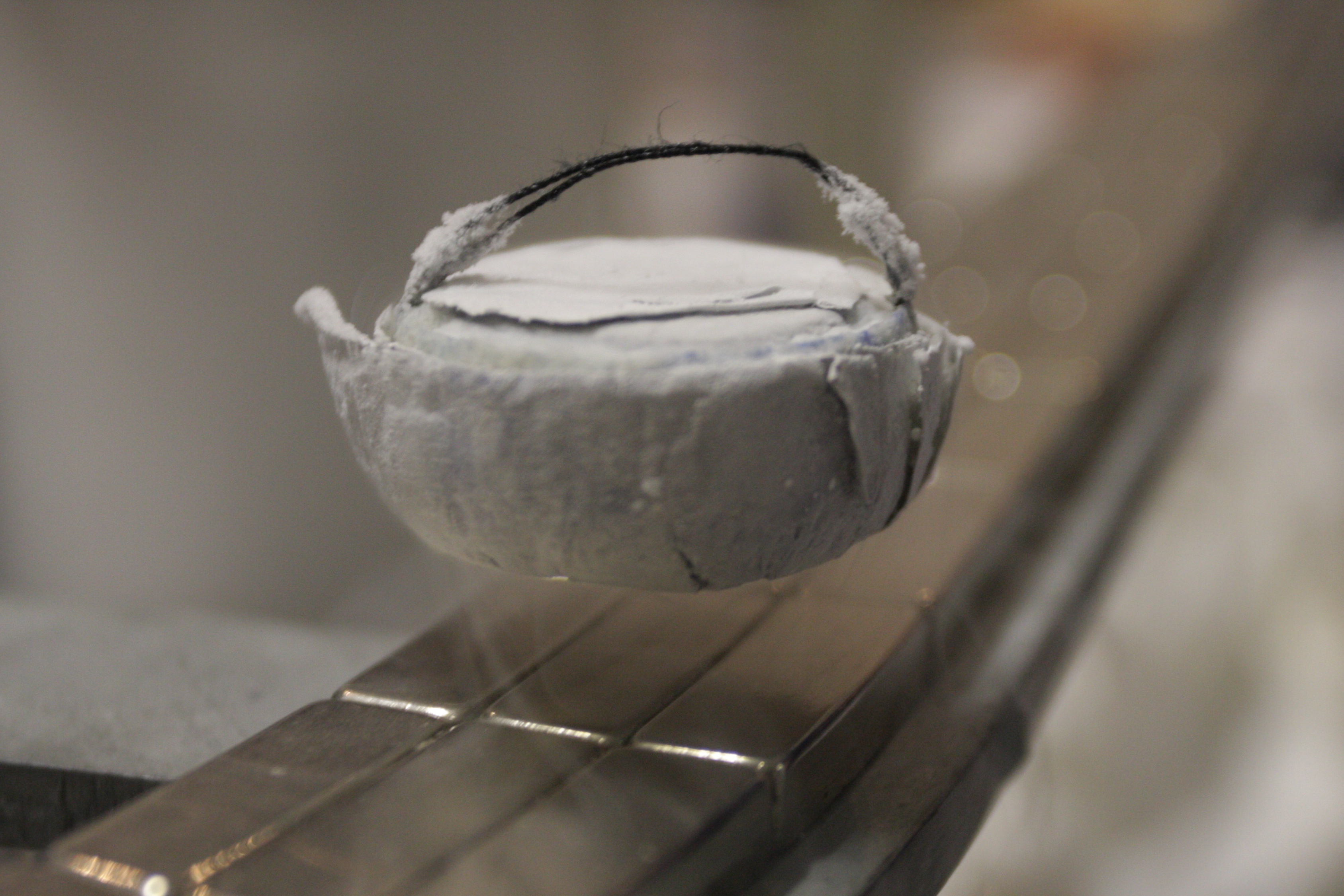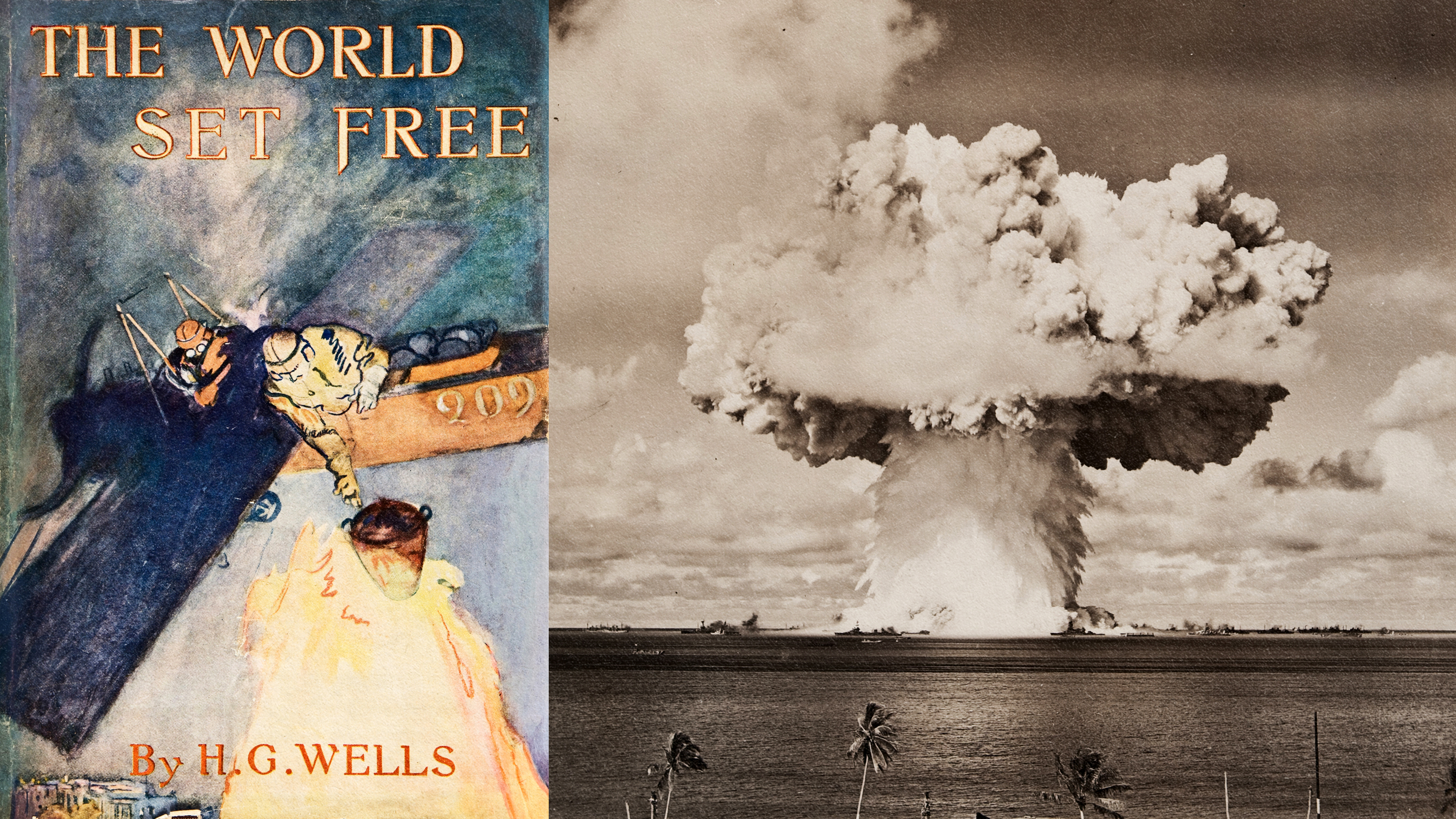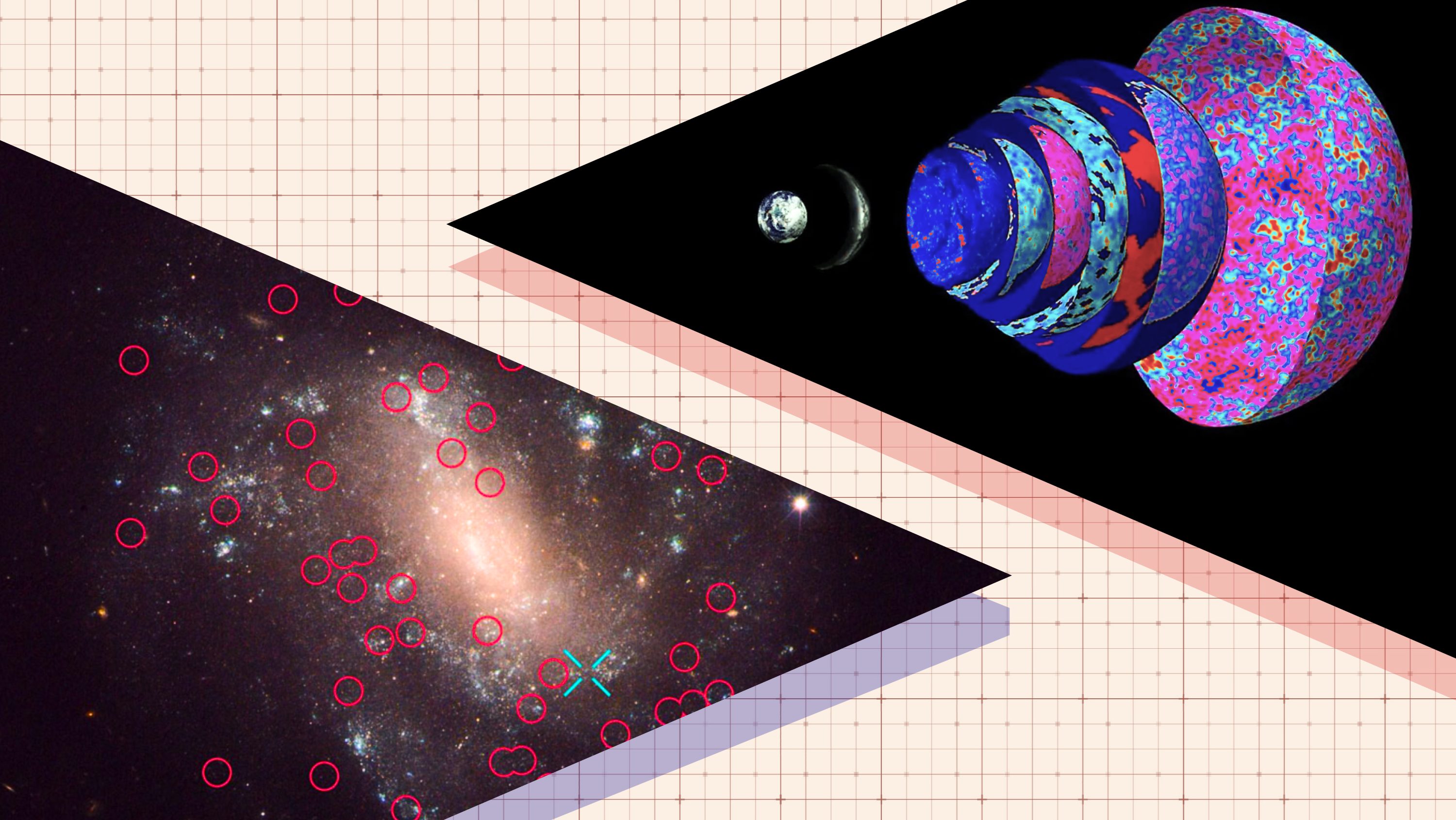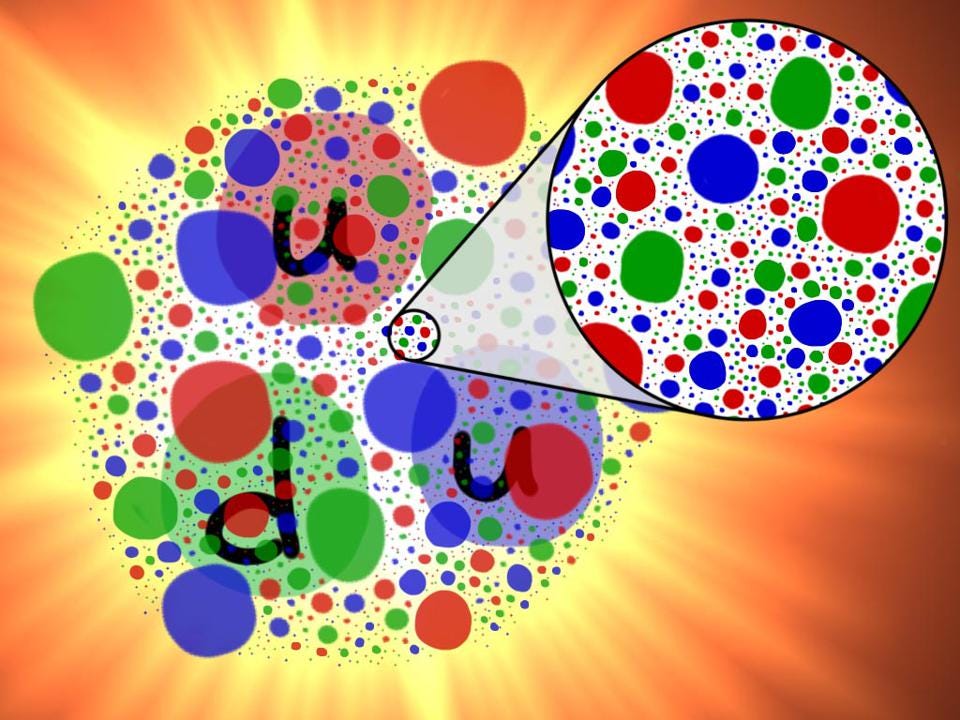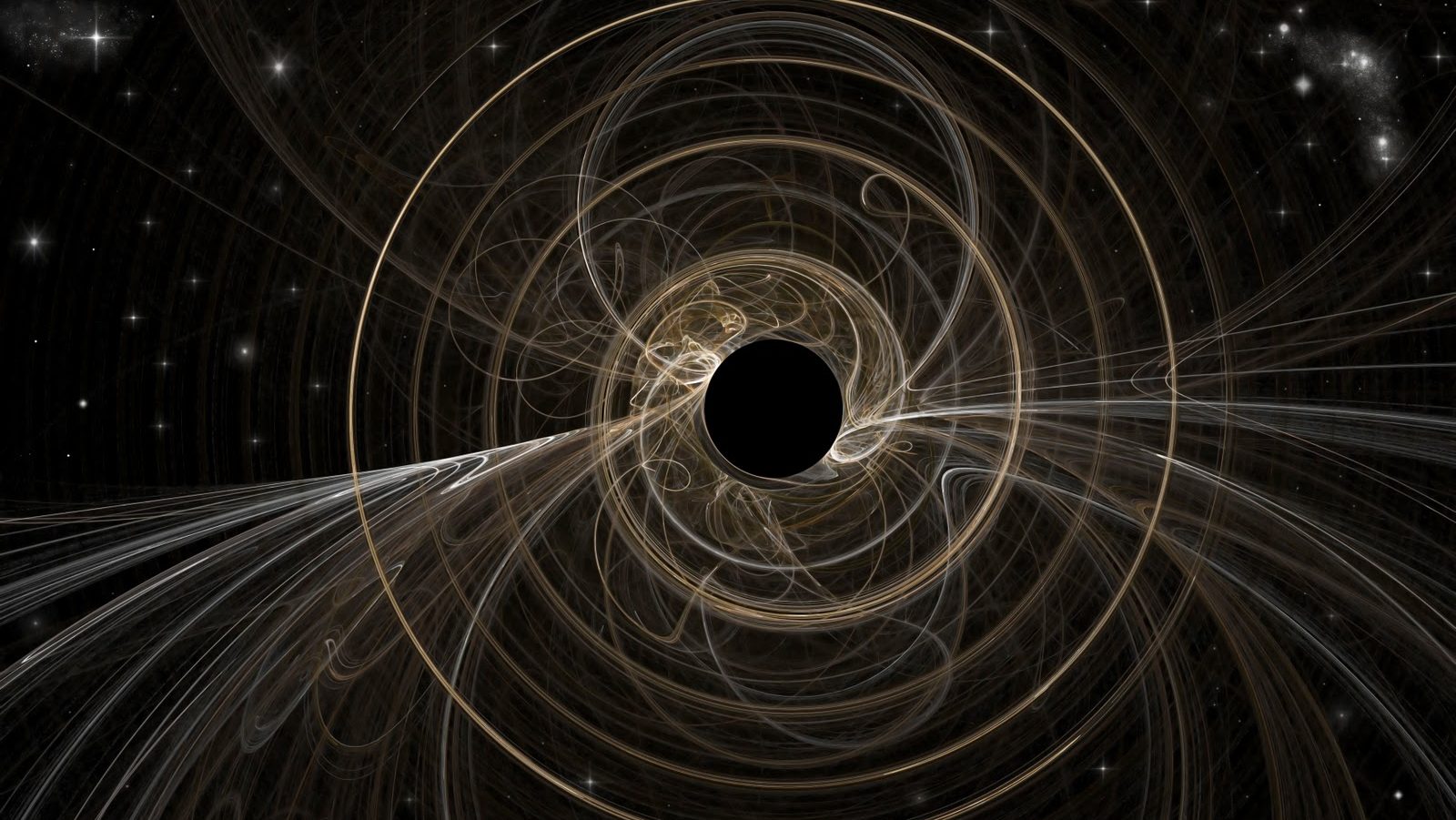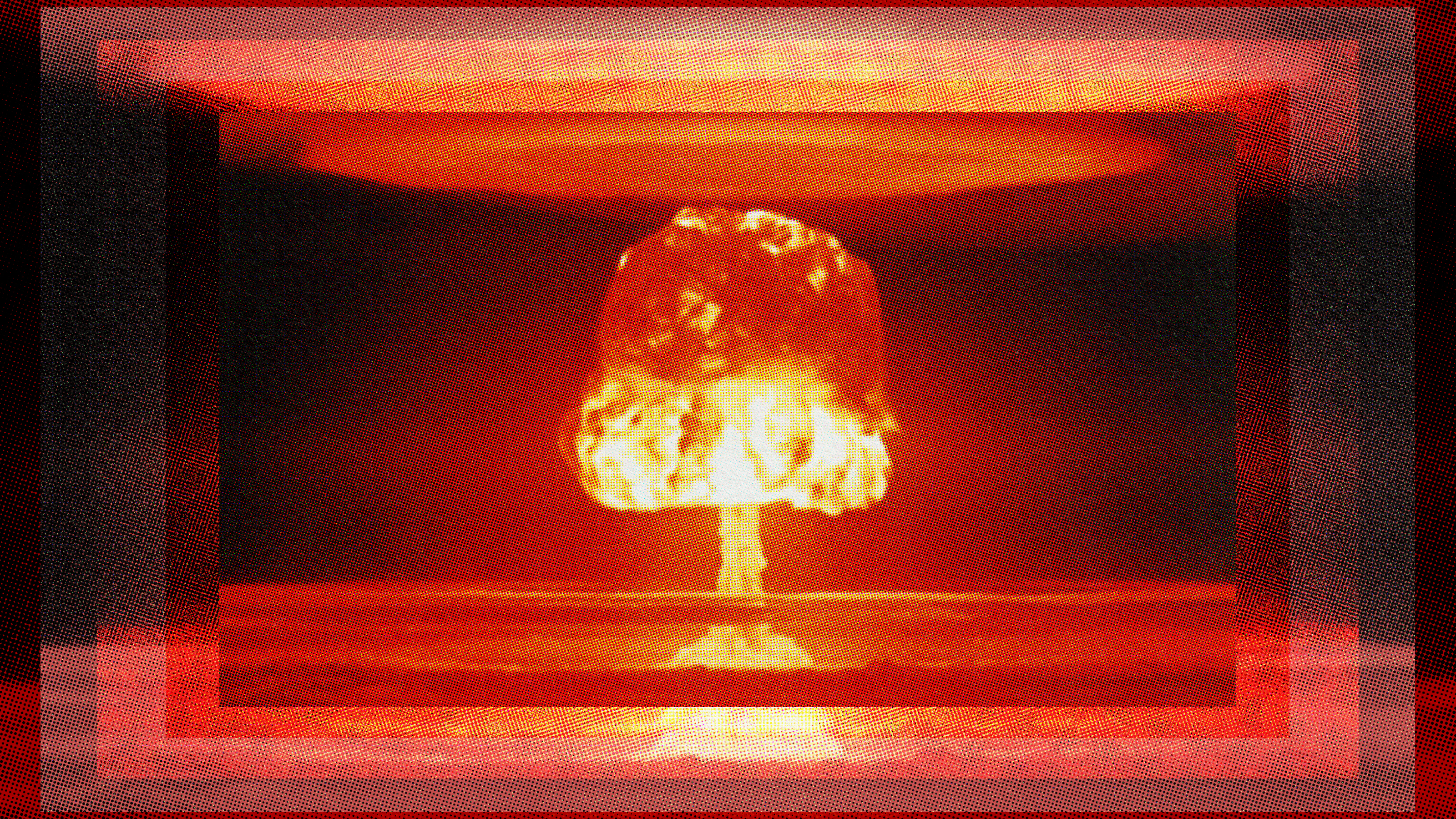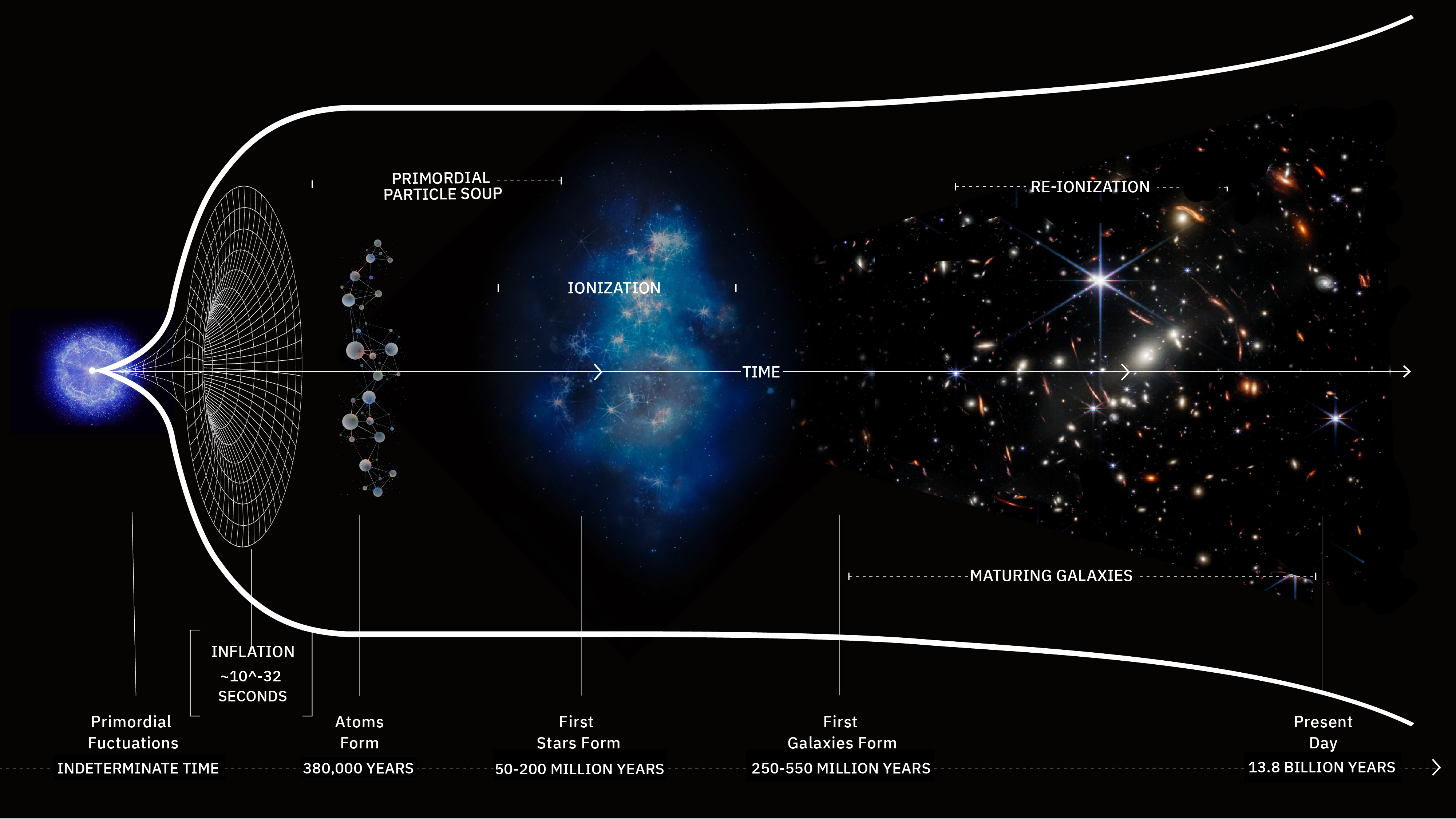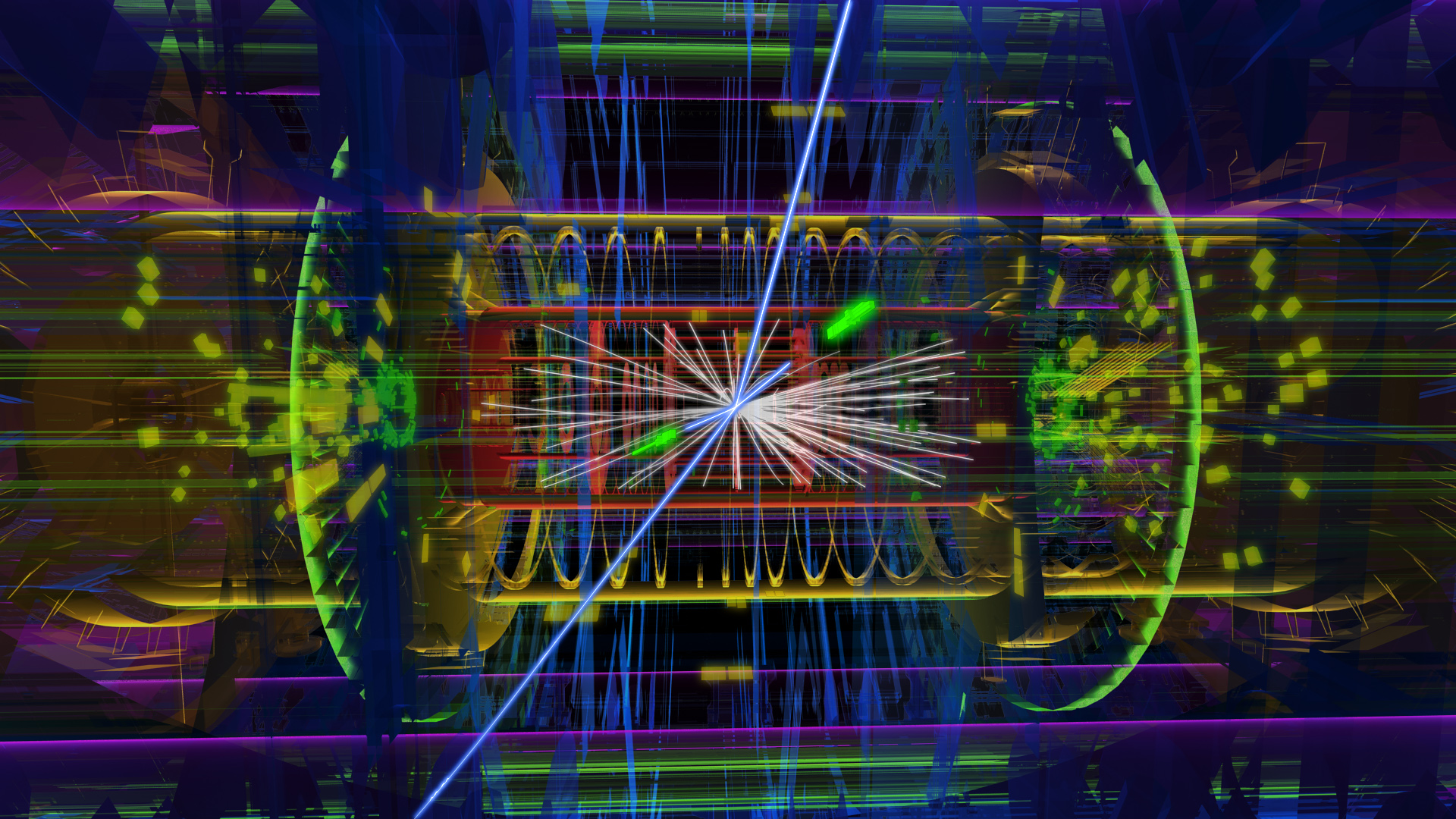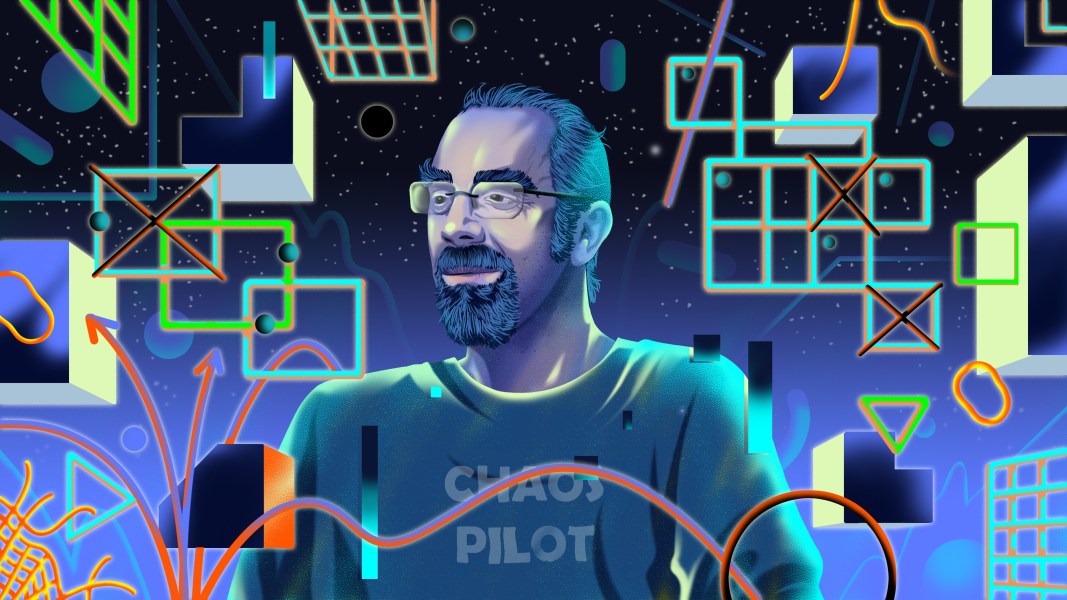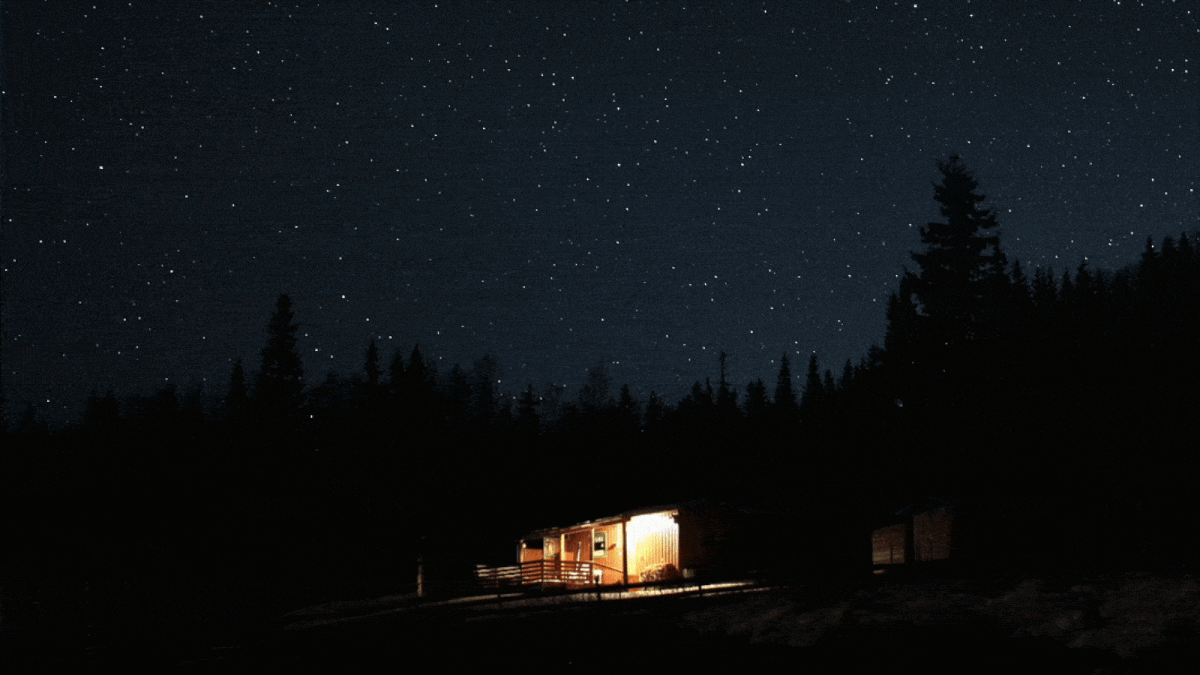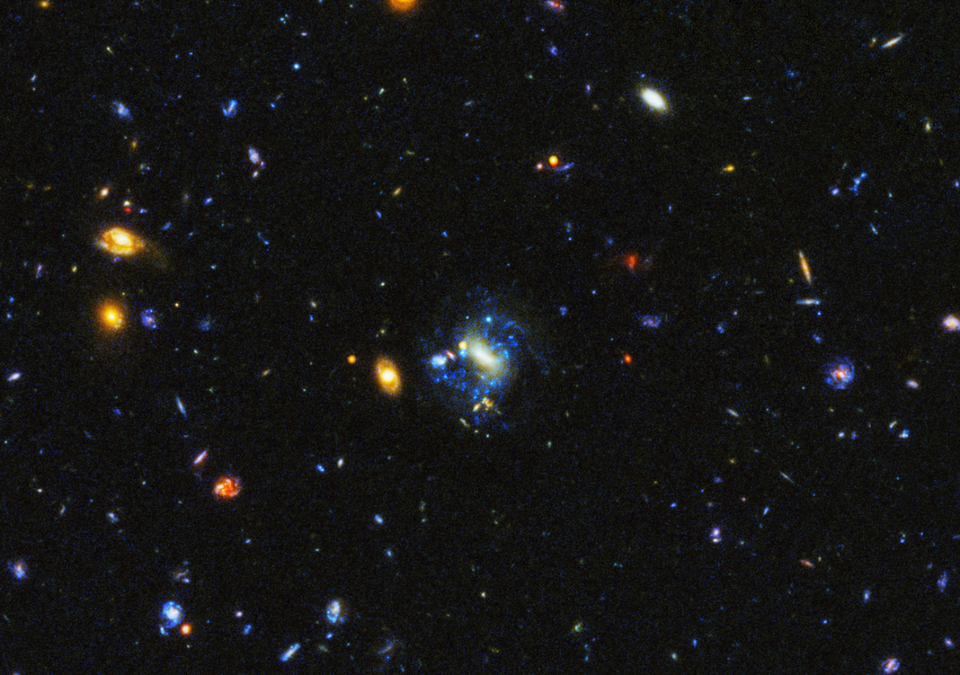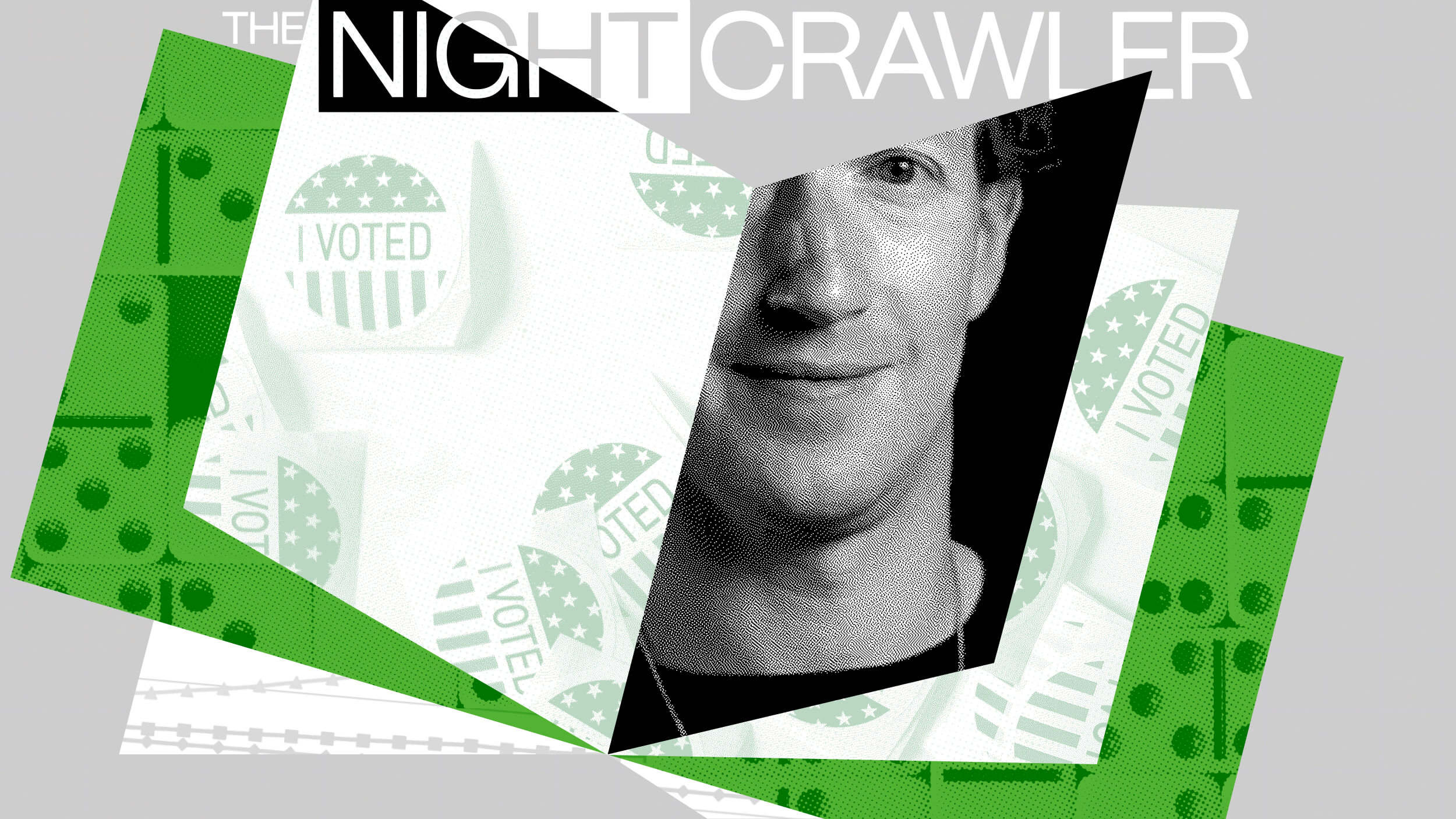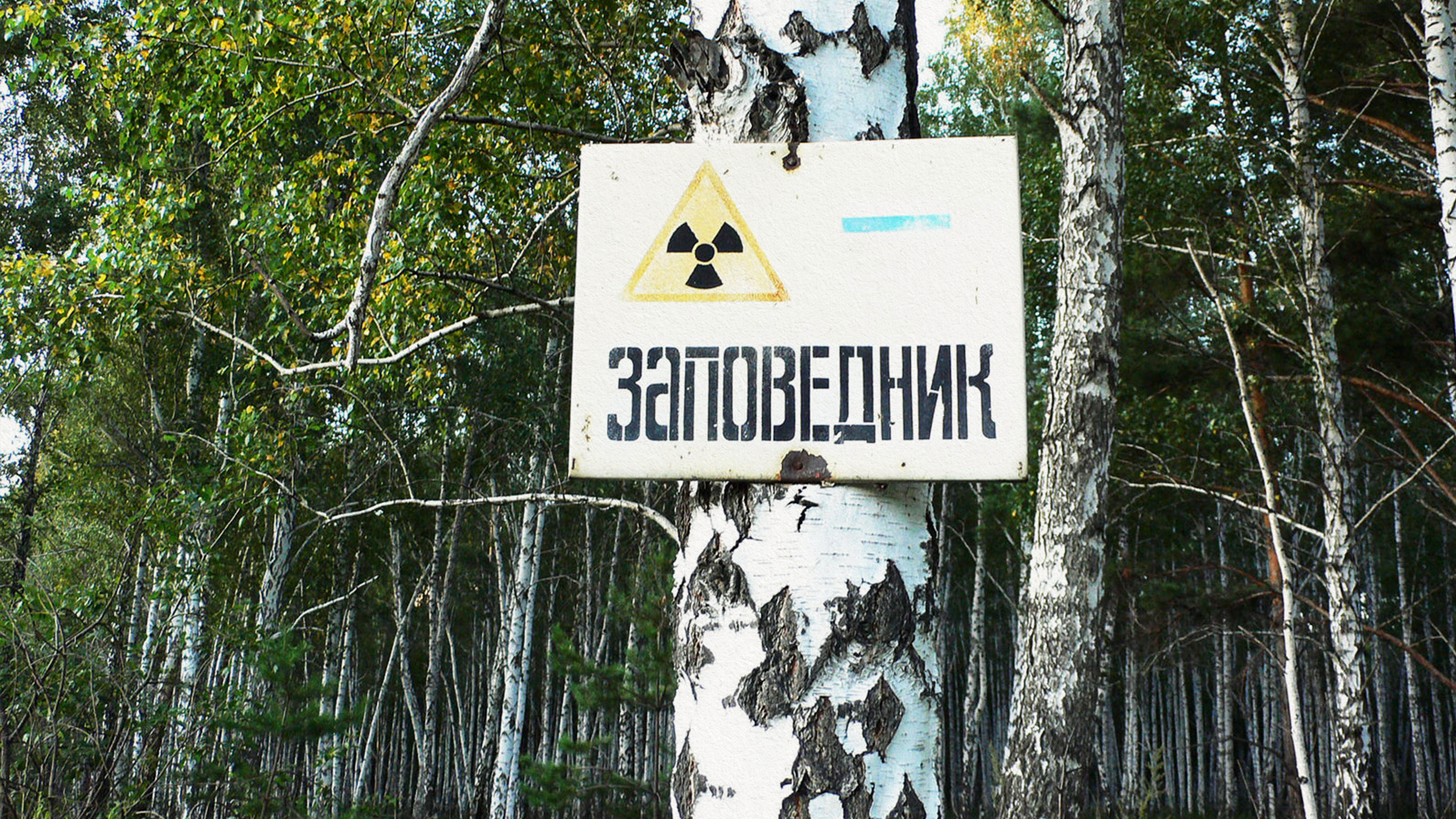As Marcel Proust said, “The real voyage of discovery… consists not in seeking new landscapes, but in having new eyes.”
Search Results
You searched for: energy
Cosmic inflation is the state that preceded and set up the hot Big Bang. Here’s what the Universe was like during that time period.
The first elements in the Universe formed just minutes after the Big Bang, but it took hundreds of thousands of years before atoms formed.
From ancient Greek cosmology to today’s mysteries of dark matter and dark energy, explore the relentless quest to understand the Universe’s invisible forces.
Behind America’s hunt for a superior semiconductor.
In our Universe, all stable atomic nuclei have protons in them; there’s no stable “neutronium” at all. But what’s the reason why?
The closest known star that will soon undergo a core-collapse supernova is Betelgeuse, just 640 light-years away. Here’s what we’ll observe.
LK-99, almost certainly, isn’t a room-temperature superconductor. The underlying physics of the phenomenon helps us understand why.
Science fiction met nuclear fission when Hungarian physicist Leó Szilárd pondered the explosive potential of nuclear energy.
According to neuropsychologist Julia DiGangi, no one can live a life free of emotional pain. We can only choose how those emotions empower us.
All biological systems are wildly disordered. Yet somehow, that disorder enables plant photosynthesis to be nearly 100% efficient.
In the expanding Universe, different ways of measuring its rate give incompatible answers. Nobel Laureate Adam Riess explains what it means.
It’s 2024, and we still only know of the fundamental particles of the Standard Model: nothing more. But these 8 unanswered questions remain.
The miniaturization of particle accelerators could disrupt medical science.
All of the matter and radiation we measure today originated in a hot Big Bang long ago. The Universe was never empty, not even before that.
What if we could harvest energy from human heat, sweat, or vibrations?
The biggest nuclear blast in history came courtesy of Tsar Bomba. We could make something at least 100 times more powerful.
Some 13.8 billion years ago, the Universe became hot, dense, and filled with high-energy quanta all at once. Here’s what it was like.
As time goes on, dark energy makes distant galaxies recede from us ever faster in our expanding Universe. But nothing truly disappears.
In the very early Universe, practically all particles were massless. Then the Higgs symmetry broke, and suddenly everything was different.
The Multiverse fuels some of the 21st century’s best fiction stories. But its supporting pillars are on extremely stable scientific footing.
The second law of thermodynamics tells us that entropy always increases. But that doesn’t mean it was zero at the start of the Big Bang.
His grandfather, a member of Oppenheimer’s atomic bomb team, foresaw the potential of nuclear energy to power cities — not destroy them.
Although a great many unidentified sights have been seen in the skies, none have conclusively demonstrated the presence of aliens. So far.
50 years ago, Stephen Hawking showed that black holes emit radiation and eventually decay away. That fate may now apply to everything.
The conservation of energy is one of the most fundamental laws governing our reality. But in the expanding Universe, that’s just not true.
How (not) to end up in the ash heap of history.
Welcome to The Nightcrawler — a weekly newsletter from Eric Markowitz covering tech, innovation, and long-term thinking.
Although the Big Bang occurred at an instant in time long ago, we still see the light from it. Will the evidence ever disappear completely?
In many ways, it was worse than Chernobyl.
